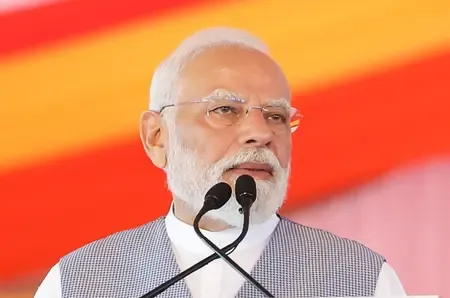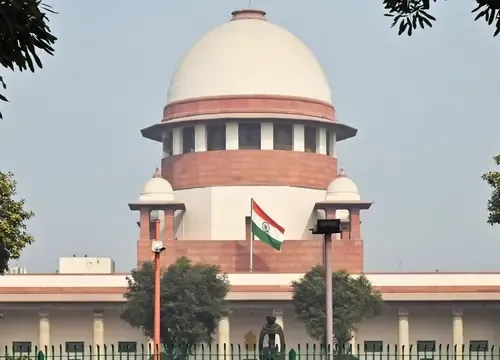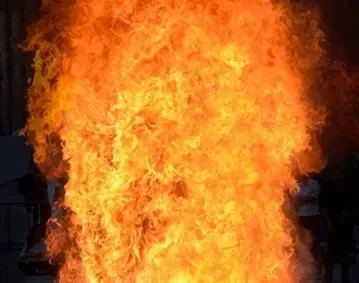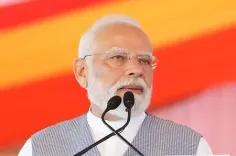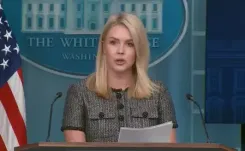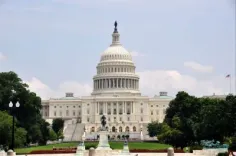Should UP CM Yogi Adityanath Stop Inclusion of Kamil, Fazil Degree Holders in MLC Voter List?
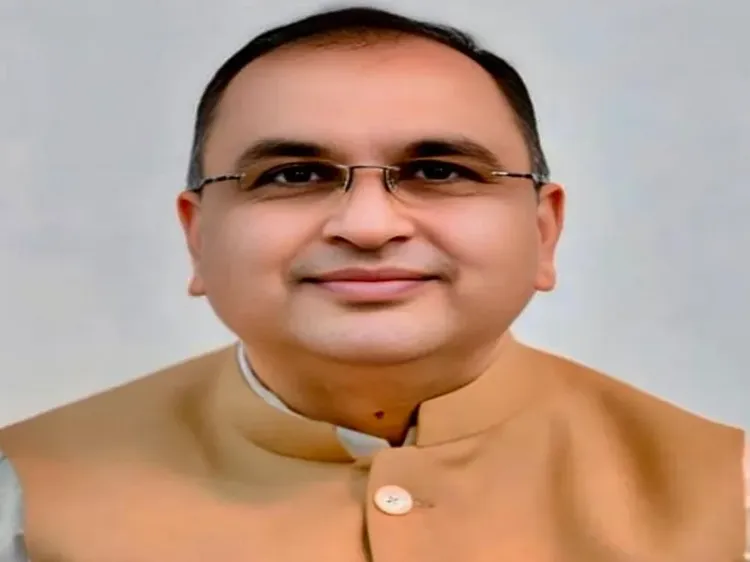
Synopsis
Key Takeaways
- Jamal Siddiqui opposes the inclusion of Kamil and Fazil degree holders in the MLC voter list.
- The Supreme Court ruled these degrees unconstitutional.
- These degrees originate from the traditional madrasa education system.
- Section 6(3) mandates candidates to hold degrees from recognized universities.
- Adhering to educational standards is crucial for legislative integrity.
New Delhi, Oct 23 (NationPress) The President of the Bharatiya Janata Party (BJP) Minority Morcha, Jamal Siddiqui, has addressed a letter to Uttar Pradesh Chief Minister Yogi Adityanath, requesting an immediate cessation of the inclusion of Kamil and Fazil degree holders in the Legislative Council (MLC) graduate voter list.
In his correspondence, Siddiqui expressed his concerns, labeling the inclusion process as “deeply concerning.” He asserted that Kamil and Fazil degrees originate from the traditional madrasa education system, which he believes does not meet the criteria of contemporary university education.
He referenced the Supreme Court’s ruling from November 5, 2024, which validated the Uttar Pradesh Madrasa Education Board Act, 2004, but deemed its higher education provisions—including the Kamil and Fazil degrees—as unconstitutional.
The court clarified that these degrees, once regarded as equivalent to graduate and postgraduate qualifications, contradict the regulations set forth by the University Grants Commission (UGC), which governs higher education standards in India.
“In light of the Supreme Court's decision, these degrees are no longer recognized,” Siddiqui remarked, stressing that acknowledging them as equivalent to university degrees for electoral purposes would jeopardize the legislative integrity.
He also pointed out Section 6(3) of the Uttar Pradesh Legislative Council Act, 1961, which mandates that candidates in graduate constituencies possess a bachelor’s degree from an accredited university. Following the apex court’s decision, the Kamil and Fazil courses fall short of UGC-recognized graduate degree standards, he noted.
It is based on these grounds that Jamal Siddiqui has formally requested that the Uttar Pradesh Chief Minister discontinue the ongoing process of integrating Kamil and Fazil degree holders into the MLC graduate voter list, in adherence to the Supreme Court's November 5 ruling.

